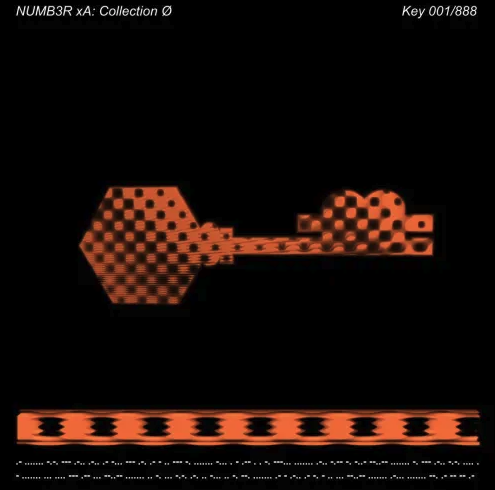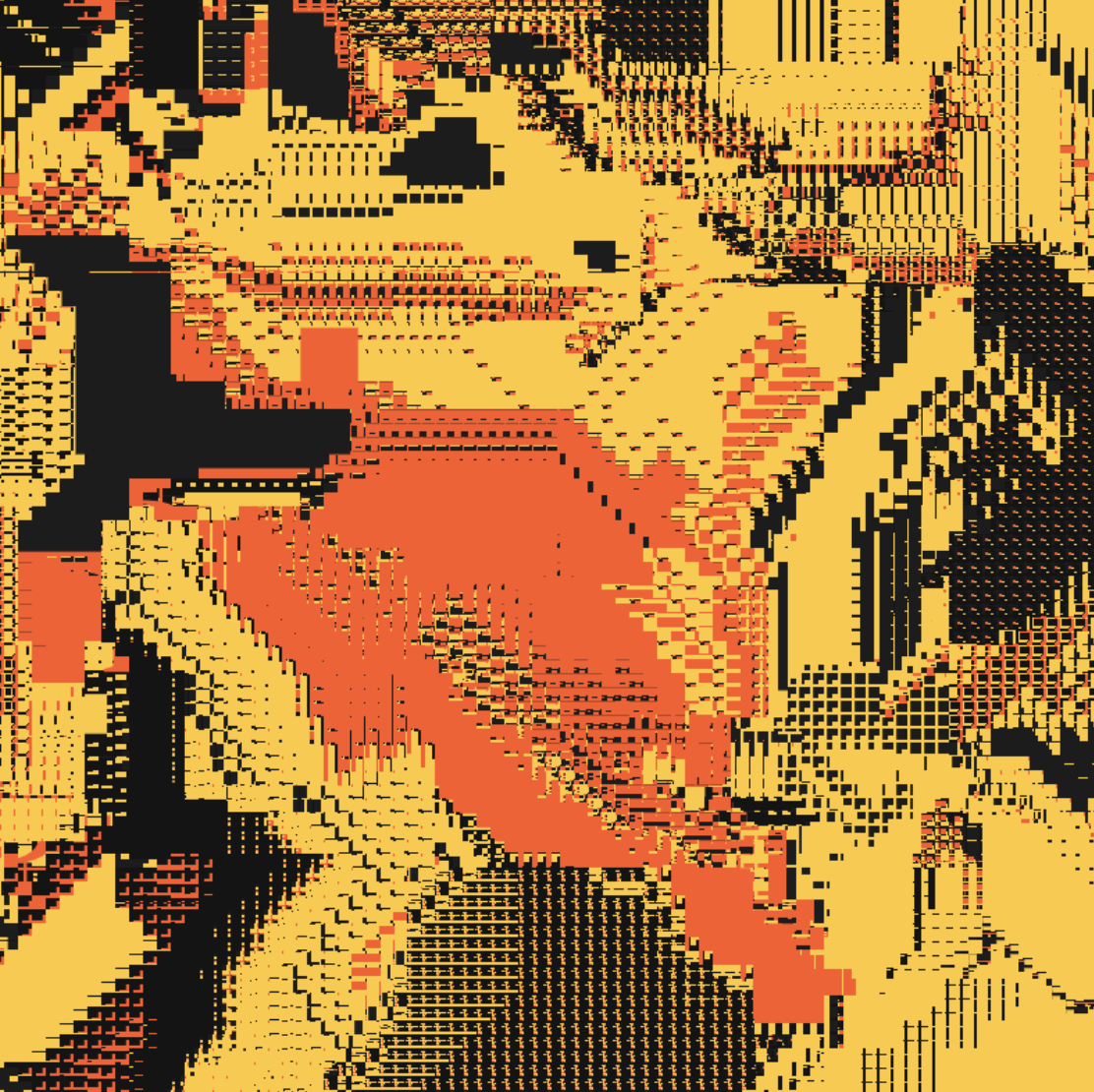Understanding sats
The Bitcoin world often talks about sats, but what are they? Think of sats as the cents to Bitcoin's dollar. While a dollar divides into 100 cents, a Bitcoin subdivides into 100 million Satoshis, abbreviated as sats. These are digital subunits that live on the Bitcoin blockchain. With the emergence of Ordinal Theory, not all sats are created equal; some have a distinct rarity, making them "special." Let's explore what this means for Bitcoin and Ordinal inscriptions.
The Bitcoin timechain
Bitcoin operates on a decentralized blockchain system, utilizing a continuously growing list of records called blocks that each contains a record of transactions. Approximately every four years, or technically, every 210,000 blocks, the reward given to miners for validating and adding new transactions to the blockchain is reduced by half. This event is known as a "halving" and is a mechanism to control the supply and introduction of new Bitcoins into the system, ensuring that the total number of Bitcoins in circulation never exceeds 21 million. Halvings can have significant economic implications for Bitcoin, influencing demand, supply, and price.
Many refer to Bitcoin as the "timechain" due to these structured events. Named in honor of Casey Rodarmor, the developer behind Ordinal Theory, the Rodarmor Rarity Index categorizes sats by their position in blockchain events, leading to various levels of rarity:
- Common sats: Not in the initial position of their blocks.
- Uncommon sats: The first sat of each block.
- Rare sats: The first sat in each difficulty adjustment.
- Epic sats: The first sat of every halving.
- Legendary sats: The first sat of every cycle.
- Mythic sats: The very first sat, residing in the genesis block.
So, what has this got to do with Bitcoin Ordinals?
Understanding Bitcoin Ordinals
Ordinals act as labels, tracking each sat's journey from the time it's mined to when it's spent, always preserving the order of receipt. These labels have unlocked the ability to inscribe data onto the blockchain, with each data piece tethered to a specific satoshi. This data, known as "witness data", immortalizes a satoshi as a "digital artifact" and establishes its place in the vast digital ledger of the Bitcoin blockchain.
Pretty much any type of digital file can be tethered to a satoshi, but the most common current use case is art files in the forms of png, jpeg, webp, svg, gif, and more. You can inscribe your own art onto Bitcoin using Gamma's inscription tools.
The Allure of Exotic Sats
Ordinal Theory also introduces "exotic sats," linked to memorable Bitcoin milestones. Some examples include:
- Vintage sats: Mined in the earliest 1000 blocks.
- Block 78's: Linked to Hal Finney.
- Block 9's: The oldest circulating sats.
- Pizza sats: From the famed 2010 pizza purchase with 10,000 BTC.
Thanks to the tracking potential of Ordinal Theory, these sats have become canvases for artists. Through special sat inscriptions, artists can give digital artworks added depth, akin to choosing a unique canvas for a painting. Inscriptions on special sats have become popular as evidenced by artists like Nullish, who hunts for uncommon sats to inscribe and auction his artwork on. Other artists might create pizza themed collections on pizza sats, or nod their art to other fun aspects of the exotic sat they're inscribing on.
The Ordinal playground
The richness of data around sats offers unparalleled potential for creators. Whether it's astrologists tapping into degree notations, generative artists drawing inspiration from sat mathematical bases, or artists choosing rarer sats as their digital canvas, there's something for everyone. Then again, using a unique sat doesn't guarantee success—creativity, community-building, and patience remain key.
Will you commemorate an event with a date-stamped satoshi, or choose one mined on your birthday? Perhaps you'll be the fortunate one to claim the next epic sat from the upcoming halving. Whatever your choice, remember to prioritize quality and your passion as you etch your digital legacy onto Bitcoin.




